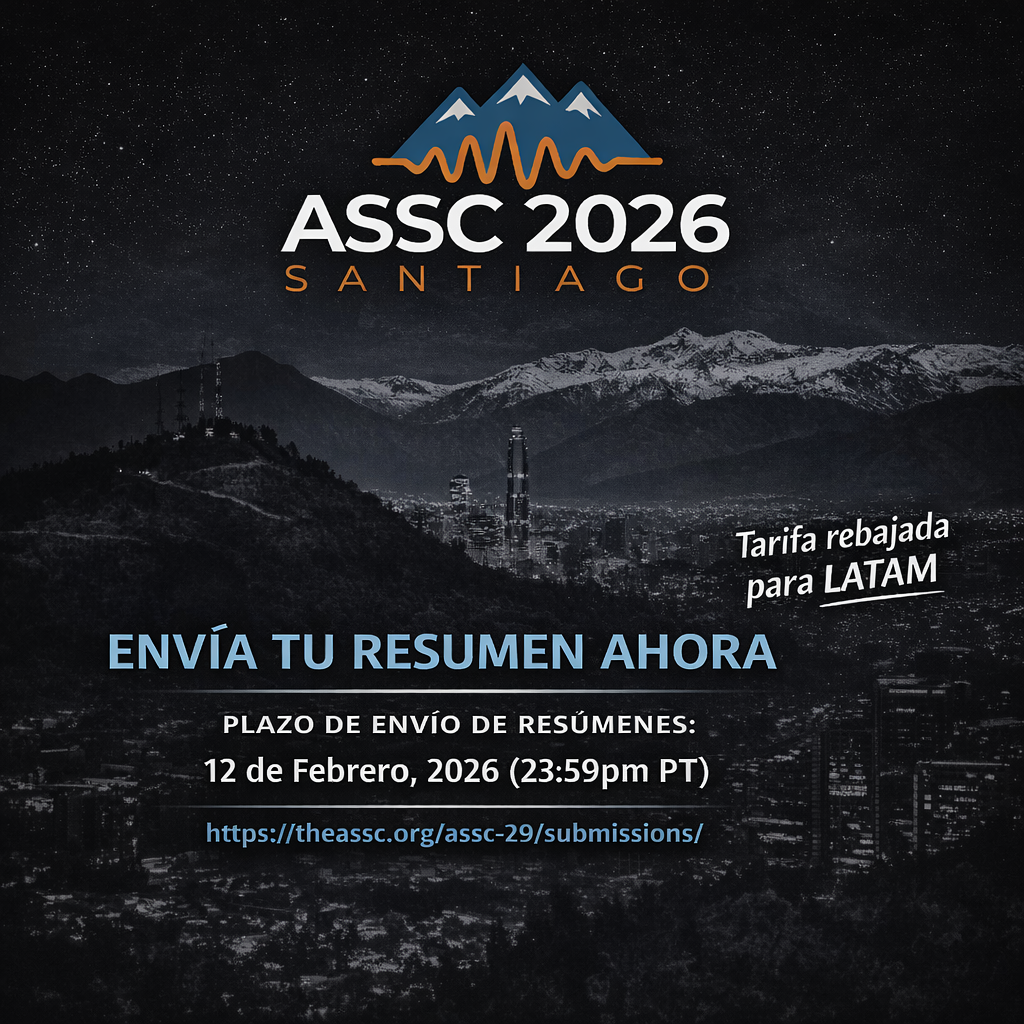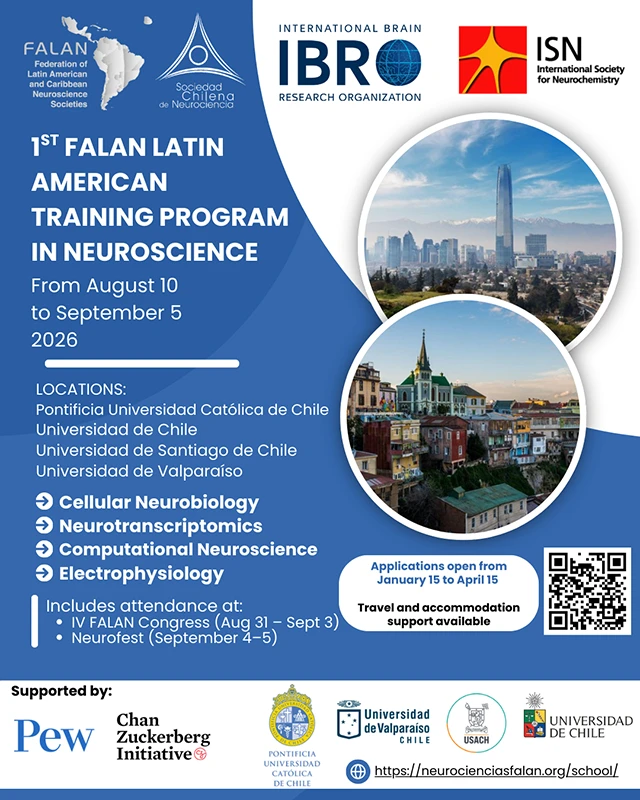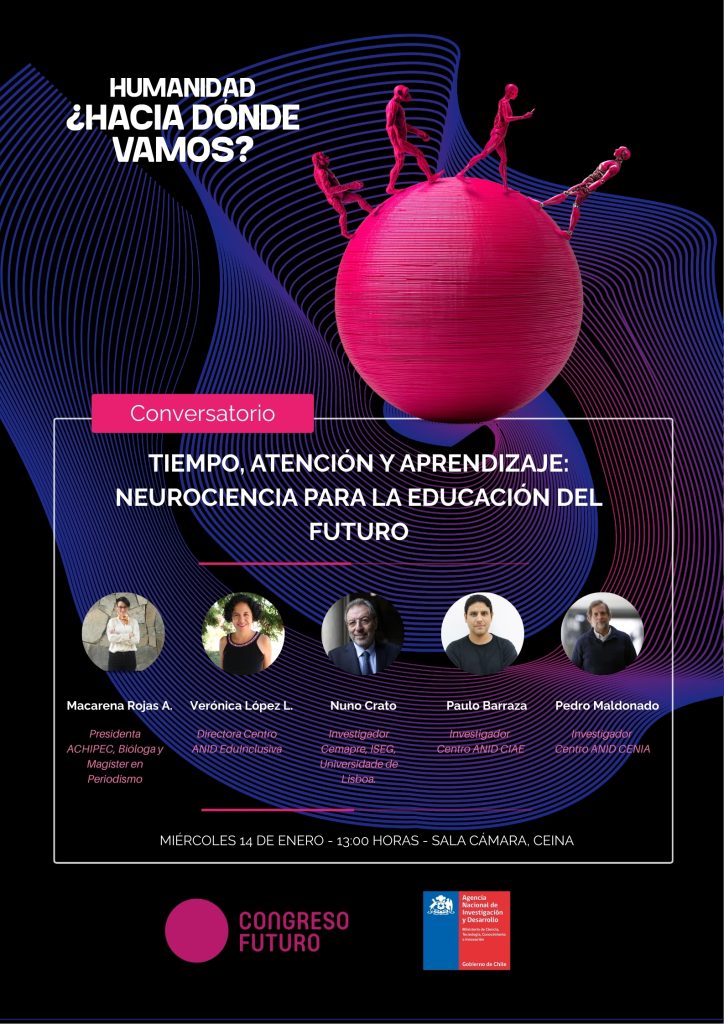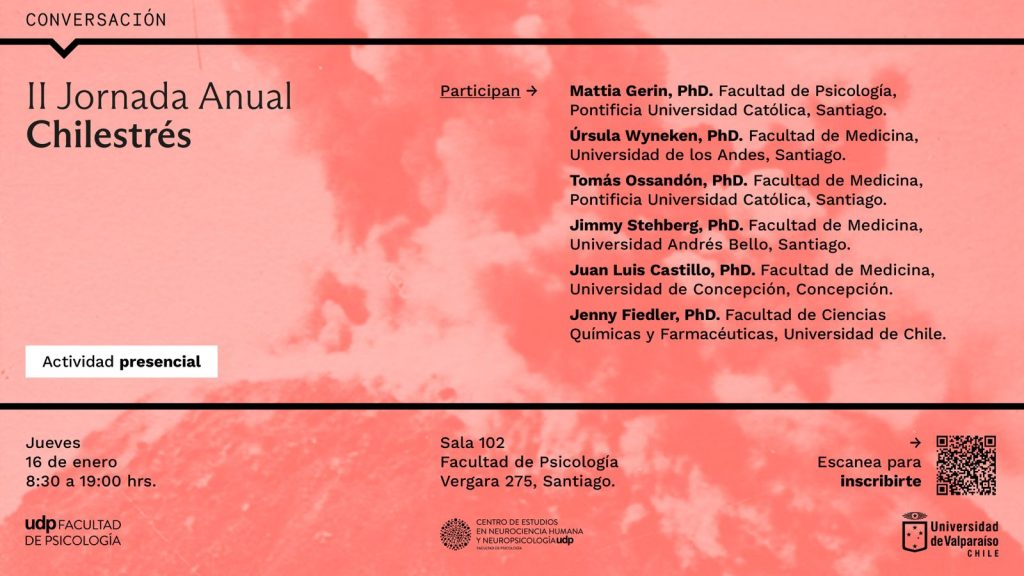Advanced Neuroscience Courses in Venice, Summer 2019

Molecular and Cellular Neuroscience Summer 2019
Multiscale Approach to Brain Disorders
Director: Sean Hill (Canada)
August 24 – 31, 2019
Faculty: Michael Milham, Luis de Lecea, Michael Halassa, Andreea Diaconescu, Randy McIntosh, Fabio Ferrarelli
This Advanced Course will focus on novel multi-scale approaches to neuropsychiatry: how can we bridge from genes to circuits and behaviour to improve definition, categorization and precision treatment of brain disorders. Changes in brain circuit excitability are found across most neuropsychiatric disorders and are hypothesized to be a common mechanism of brain disease: during the Advanced Course the latest genetic dissection techniques to reveal the cellular basis of neuromodulation and its impact on cellular excitability, plasticity, behaviour, sleep, mood and network states will be thoroughly analyzed. Find out more
RNA, Epitranscriptomics and Plasticity
Director: Timothy Bredy (Australia)
August 31 – September 7, 2019
Faculty: John Mattick, Kate Meyer, Chuan He, Jason Shepherd, Howard Y. Chang, Dan Ohtan Wang
Activity-induced RNA expression is highly dynamic and linked to experience-dependent plasticity in the brain. In neurons, changes in the metabolic state of RNA occur on similar time scales to those for neuronal firing and depolarization, and a variety of factors including chemical modifications to RNA as well as RNA structure, editing and localization play a role. These processes have a profound impact on mRNA as well as the many classes noncoding RNA that are expressed in a temporally- and cell-type-specific, manner in the brain. Emerging findings suggest that these epitranscriptomic mechanisms represent an elusive hidden layer of regulatory control in the brain. In this Advanced Course, how qualitative state changes in RNA can increase the functional diversity and information-carrying capacity of RNA molecules will be analyzed and emphasis will be on advances in the understanding of the epitranscriptome and emerging technologies that can be used to unravel the complex nature of experience-dependent gene regulation in the brain. Find out more
Director: Susumu Tonegawa (USA)
September 7 – 14, 2019
Co-Director: Sheena Josselyn (Canada)
Faculty: Richard Morris, Yadin Dudai, Laura Colgin, Matt Wilson, Mark Schnitzer
Memory may be defined as the retention over time of internal representations gained through experience, and the capacity to reconstruct these representations at later times. These internal representations are encoded by long-lasting changes to the brain (‘engrams’). Recently, a revolution has been brought about by a set of new tools that may be used for investigations and which have permitted the identification of engram-holding neurons for a specific memory thus allowing researchers to ask and answer some of the fundamental questions as to how information provided by an experience is encoded and stored in the brain, and how the stored information is retrieved for recall. This Advanced Course will bring together the world experts in examining memory (and the engrams that support them) at multiple levels of analysis from synapses and neurons to circuits and systems applying a variety of different techniques to animal models in health and diseases. Find out more
Director: Suzanne Dickson (Sweden)
September 14-21, 2019
Faculty: Dana Small, Scott Kanoski, Roger AH Adan, Gareth Leng, Richard Palmiter, Carel Le Roux
In recent years there has been a major effort to better understand how the gut communicates to the brain since, embedded within this system, are signals essential for body weight control and brain health. The gut-brain axis provides a conduit for communicating information from the environment (about the composition and quantity of available foods) to diverse brain areas responsible for behaviours that help us seek out and consume food. It now seems clear that signals arising from the gut impact at many brain levels, including pathways involved in food anticipation and reward, on consummatory behaviours (how much, when and what we eat) but also on pathways important for aversion and malaise, on taste perception and food choice as well as on emotion and cognition. Find out more
Molecular Basis of Resilience to Depression
Director: Eric J. Nestler (USA)
September 21 – 28, 2019
Faculty: Isabelle Mansuy, Michael Meaney, Scott Russo, Mathias Schmidt, Ian Maze, Kafui Dzirasa, Johannes Gräff
It is well known that a large majority of humans do not develop depression or a related psychiatric syndrome in the face of chronic stress. We also know that many, perhaps most, of the molecular, cellular, and circuit changes in the brain that are induced by stress reflect positive adaptations to achieve resilience. This makes it essential to differentiate those stress-induced changes that are adaptive versus those that are maladaptive. It also raises a fundamentally new strategy for the development of novel antidepressant treatments: in addition to reversing the deleterious effects of stress, to establish ways of inducing mechanisms of natural resilience in those individuals who are inherently more susceptible. This Advanced Course explores the broad range of resilience mechanisms that have been revealed in recent years, and strives uniquely to achieve integration across multiple levels of experimental analysis. Find out more
Molecular and Cellular Neuroscience Spring-Summer 2019
Director: Chiara Cirelli (USA)
May 11 – 18, 2019
Faculty: Cliff Saper, Giulio Tononi, Derk-Jan Dijk, Reto Huber & others
This Advanced Course will cut across multiple areas of sleep studies and will feature dedicated sessions addressing important emerging concepts. Emphasis will be placed on cutting-edge methods and hypotheses for understanding sleep and its effects on cognitive functions, and on how neurophysiological/genetic/imaging approaches can shed light on the functions of sleep and its essential role in maintaining and preserving vigilance, performance, learning and memory. Find out more
Director: Flora Vaccarino (USA)
May 11 – 18, 2019
Faculty: Fred H. Gage, Alexej Abyzov, Jan Vijg, Alexander E. Urban, Joris Vermeesch, Michael McConnell
Somatic mosaicism as pertinent to central nervous system development, function and disease is a rapidly emerging area of research. Somatic genomic variants encompass variation in genomic sequence, such as single nucleotide variations (SNV) and variation in genomic structure, such as copy number variations (CNV): the brain is therefore composed of cells with different genomes (mosaicism). Research on somatic mosaicism in disease will be scrutinized with the distinguished Faculty and the possible function of somatic mosaicism for normal development, early lineages tracing, aging, and various form of neurological and psychiatric conditions will be analyzed in depth. Find out more
Neural Stem Cells:
Development and Brain Repair
Director: Elena Cattaneo (Italy)
May 18 – 25, 2019
Faculty: Arnold Kriegstein, Magdalena Götz, Olivier Brüstle, Malin Parmar, Nenad Sestan, Pierre Vanderhagen
Unprecedented advances have been made in our understanding of stem cells and through them much can be learned about the physiology and pathophysiology of the cells that degenerate in different brain disorders with the aim of delivering therapeutically relevant stem cells that could ameliorate the clinical outcome. The Advanced Course will bring together a distiguished group of investigators who are at the forefront of research and will showcase advances at the frontiers of neural stem cells for neurorepair. Find out more
Director: Scott Fraser (USA)
May 25 – June 1, 2019
Faculty: James Eberwine (Co-Director), Amy Herr, Jonathan Sweedler, John Marioni, Ana Pombo, Tatjana Sauka-Spengler
Studies exploiting new technologies for defining the connections in the brain, driving neuronal activity and modeling of neuronal processing are each hampered by our incomplete knowledge of the brain’s constituent parts. A bevy of single cell analyses are now being deployed to better understand the cells that constitute the functioning nervous system. These approaches offer insights into how cells function individually as the building blocks for understanding how they work in ensemble to create functional pathways. Find out more
Acute to Chronic Pain
Plasticity and Therapeutic Perspectives
Director: A. Vania Apkarian (USA)
June 1 – 8, 2019
Faculty: Stephen McMahon, Volker Neugebauer, Tony Dickenson, Giandomenico Iannetti, & others
Accumulating evidence points to brain reorganization with chronic pain. Both human brain imaging studies as well as animal model studies specifically interrogating the role of supraspinal plasticity consistently emphasize the role of brain plasticity in chronic pain. Brain functional network properties provide a signature for existence and for emergence of chronic pain both in humans and in animal models for pain chronification and studies show that early medication use is protective against development of chronic pain. Find out more
Cognitive NeuroscienceSummer 2019
Neural Circuits of Social Cognition
Director: Larry Young (USA)
June 8 – 15, 2019
Faculty: Richard Mooney, Christian Keysers, Hee-Sup Shin, Dayu Lin, Steven Phelps, Tali Kimchi
Social relationships and communication are essential for well-being, and adaptive social behaviors are essential for survival. Only recently have we begun to understand the neural circuit mechanisms regulating social behavior and its diversity in a rigorous way. Many psychiatric conditions are characterized by deficits in social interaction and communication, so it is essential that we understand the neural mechanisms and circuits regulating complex social behaviors in order to inform novel treatments for conditions such as the autism spectrum. Find out more
Novel Technologies for the Study of Cognitive Function
Director: Alcino J. Silva (USA)
June 15 – 22, 2019
Faculty: Ed Boyden, Valentina Emiliani, Loren L. Looger, Michael Hausser, Frank Loren
This Advanced Course will cut across the latest published and unpublished ground-breaking approaches and technical developments in the study of cognitive function, such as novel optogenetic and chemogenetic tools to manipulate molecular, cellular and circuit function with unparalleled temporal and spatial resolution, emerging new in vivo imaging and electrophysiological techniques, powerful new developments in modeling, analyses, and behavioral approaches. Find out more
Cognitive Neuroscience of Thought
Director: Rebecca Saxe (USA)
June 22 – 29, 2019
Faculty: Mina Cikara, Wil Cunningham, Marina Bedny, Hyowon Gweon, Elizabeth Redcay
Fascinating aspects of human psychology and cognition cannot be recreated in animal models, including pedagogy, morality, social group interactions, and complex decision making. Over the past five years, new experimental designs and analysis techniques have dramatically increased the power of noninvasive neuroimaging in humans to address these questions directly. Find out more
Protein Homeostasis and Cognitive Function
Director: Peter Walter (USA)
June 29 – July 6, 2019
Co-Director: Mauro Costa-Mattioli (USA)
Faculty: Giovanna Mallucci, Judith Frydman, Kenneth Kosik, Susanna Rosi & others
The brain must adapt to changes in stress conditions, which typically occur as a consequence of environmental and/or genetic factors. To deal with such challenges, the brain utilizes protein homeostasis networks, which are constituted by sensors of cellular stress, such as the mediators of the unfolded protein, the integrated stress and the heat shock responses.We now know that specific proteostasis pathways are crucially required for normal brain processes. For instance, long-lasting changes in synaptic function and long-term memory storage require new protein synthesis and active protein turnover. Find out more
A short sabbatical in Venice
A short sabbatical at the NSAS is offered to a limited number of established scholars.
Participants may attend all of the NSAS Advanced Courses of the Year 2019 and network extensively with the world leaders in the enchanting scenario of Venice.
Individuals holding a Faculty or equivalent position are considered as well as qualified scholars who are transitioning to a Faculty or an equivalent position in a company. Seats are limited.
Find out all details










